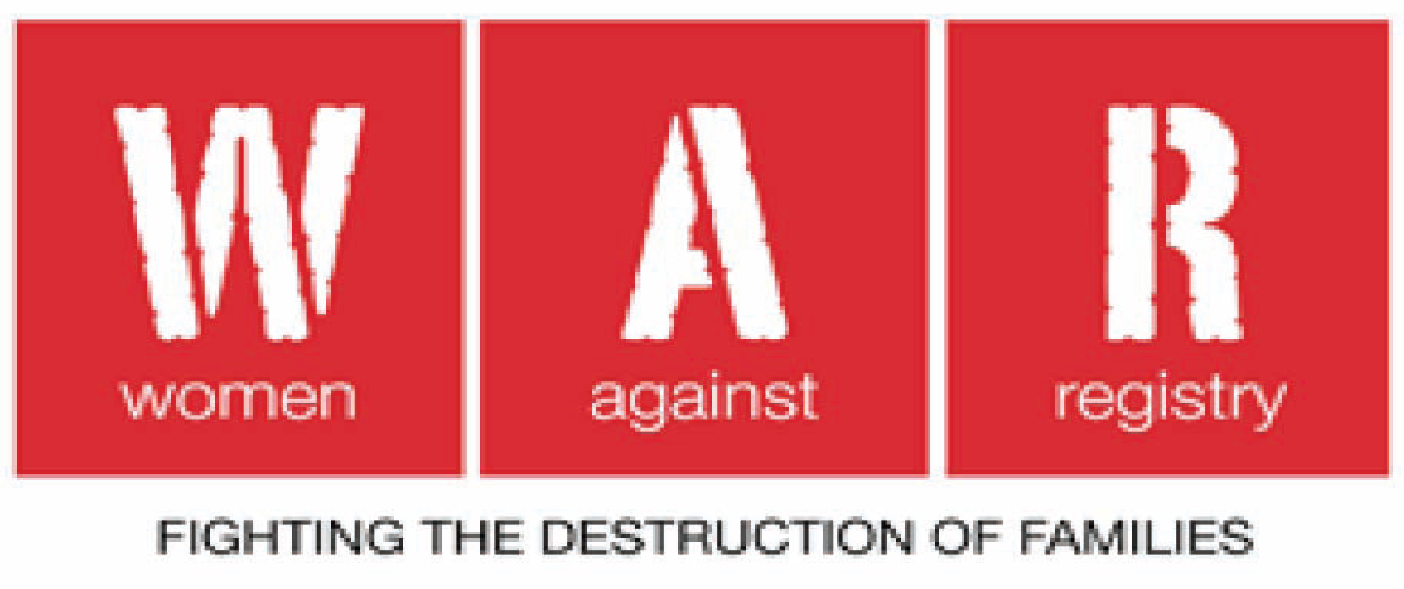Recent State and Federal Legislative Decisions
Here are some key terminologies that will help you get started in becoming pro-active within your community.
ACT –– Legislation enacted into law. A bill that has passed both houses of the legislature, been enrolled, ratified, signed by the governor or passed over the governor’s office, and printed. It is a permanent measure, having the force of law until repealed.
- Local act — Legislation enacted into law that has limited application.
- Private act — Legislation enacted into law that has limited application.
- Public act — Legislation enacted into law that applies to the public at large.
COMMITTEE — A body of members appointed by the presiding officer (or another authority specified by the chamber) to consider and make recommendations concerning disposition of bills, resolutions and other related matters.
- Conference committee — A committee composed of members from the two houses specifically appointed to reconcile the differences between House and Senate versions of a bill or bills.
- Interim committee — A committee established to study or investigate certain matters between annual or biennial legislative sessions and to report to the next regular session.
- Joint committee — A committee composed of members from both chambers.
- Standing committee — A committee appointed with continuing responsibility in a general issue area or field of legislative activity.
COMMITTEE OF THE WHOLE — Either house of the legislature sitting in its entirety as a committee to consider bills or issues.
COMMITTEE REPORT — Official release of a bill or resolution from committee with (or without) a specific recommendation, such as “pass”, “pass as amended” or “do not pass.”
COMMITTEE SUBSTITUTE — A bill offered by a committee in lieu of another bill that was originally referred to the committee for consideration; technically, the committee substitute is an amendment to the original bill.
LOBBYIST – A representative of a special interest group whose function is to influence legislation affecting his special interest.
READING — Presentation of a bill before either chamber by the reading the bill, its title or its number. A formal procedure required by constitution and rules that indicates a stage in enactment process. Most often, a bill must receive three readings on three different days in each legislative body.
STATUTE — A formal enactment of the legislature of a more permanent nature. The term “statute” is used to designate written law, as distinguished from unwritten law.
STATUS OF BILL — The progress of a bill at any given time in the legislative process. It can be in committee, on the calendar, in the other house, etc.
STRIKE OUT — The deletion of language from a bill or resolution.
SUNSET — Expiration date of a measure.



Recent Comments